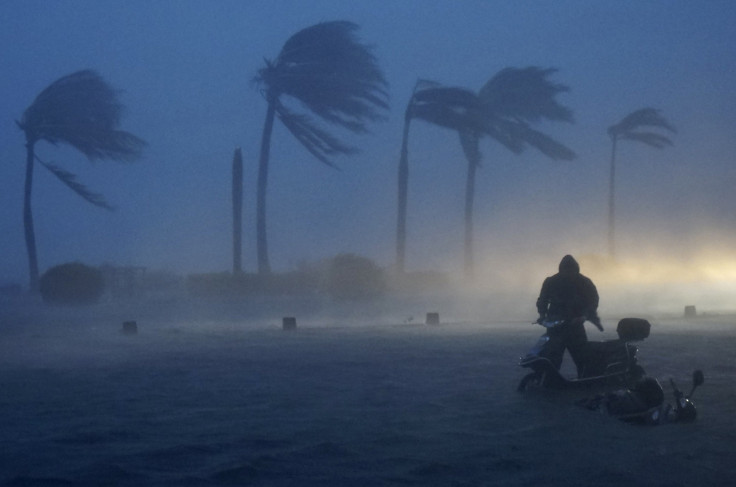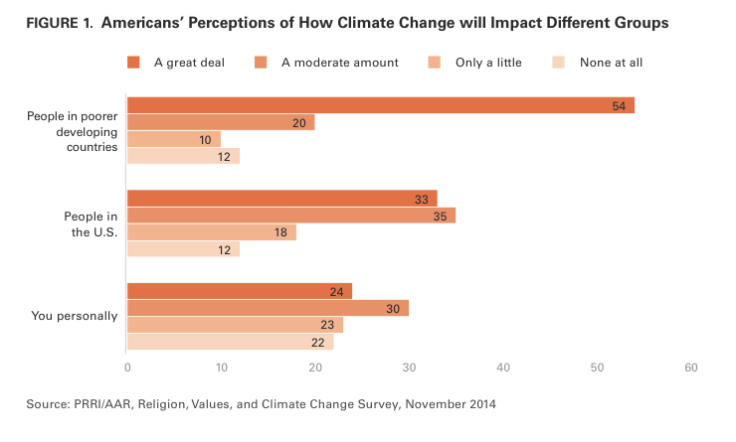Despite Climate Change Challenge, Americans Aren't Too Worried About Impacts, New Survey Finds

Scientists say that climate change is one of the biggest problems facing humanity. But Americans aren’t too worried about it, a new poll found.
Only 5 percent of Americans surveyed said that climate change is the most pressing issue in the United States, according to the report released Friday. By contrast, 22 percent ranked the lack of jobs as the top concern, while 18 percent were most troubled by the widening gap between rich and poor people. Health care, the budget deficit, immigration reform and the rising cost of education also ranked higher than the issue of climate change.
The Public Religion Research Institute, a Washington-based nonprofit, conducted the 3,000-person survey along with the American Academy of Religion. It found that white evangelical Protestants are more skeptical of climate change science than any other demographic group. Among this particular group, nearly four in 10 people say there’s little evidence to show the Earth is warming.
Americans as a whole, the survey found, generally don’t see themselves as vulnerable to the impacts of climate change -- a long and varied list that includes rising sea levels, declining food production, more severe weather events and enduring drought. Less than one-quarter of those polled believe they will be significantly harmed by climate change, while 30 percent say they’ll be moderately affected. More than four-in-10 Americans say global warming will have little-to-no impact on them personally.

On the flip side, more than half of Americans say that changes in climate will deal a severe blow to people living in developing countries, meaning that they believe poorer communities will have it worse than the general U.S. public.
This is partly true, according to the United Nations’ climate panel. While people across all continents and oceans will be affected by climate change, the poor and the weak will suffer the most. “People who are socially, economically, culturally, politically, institutionally or otherwise marginalized are especially vulnerable to climate change,” the Intergovernmental Panel on Climate Change said in a March report.
But the United States is far from off the hook when it comes to the effects of warmer air and ocean temperatures. Higher sea levels will pollute fresh drinking water supplies with salty ocean water. Lasting and more severe droughts will reduce crop and livestock production. Wilder weather patterns will put more Americans in the line of tornadoes, hurricanes and torrential downpours.
In a June report, the White House outlined at least six ways that Americans’ health is suffering from climate change, including higher numbers of asthma attacks caused by rising air pollution, more severe allergies and greater risks of heat strokes.
© Copyright IBTimes 2025. All rights reserved.





















